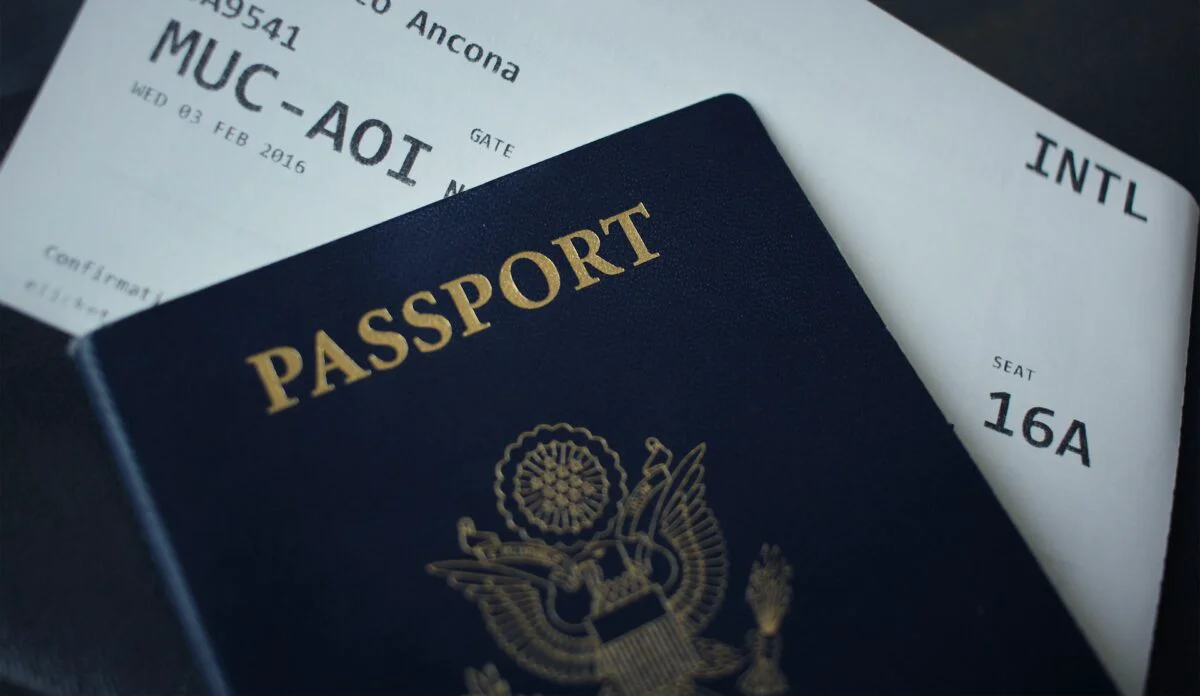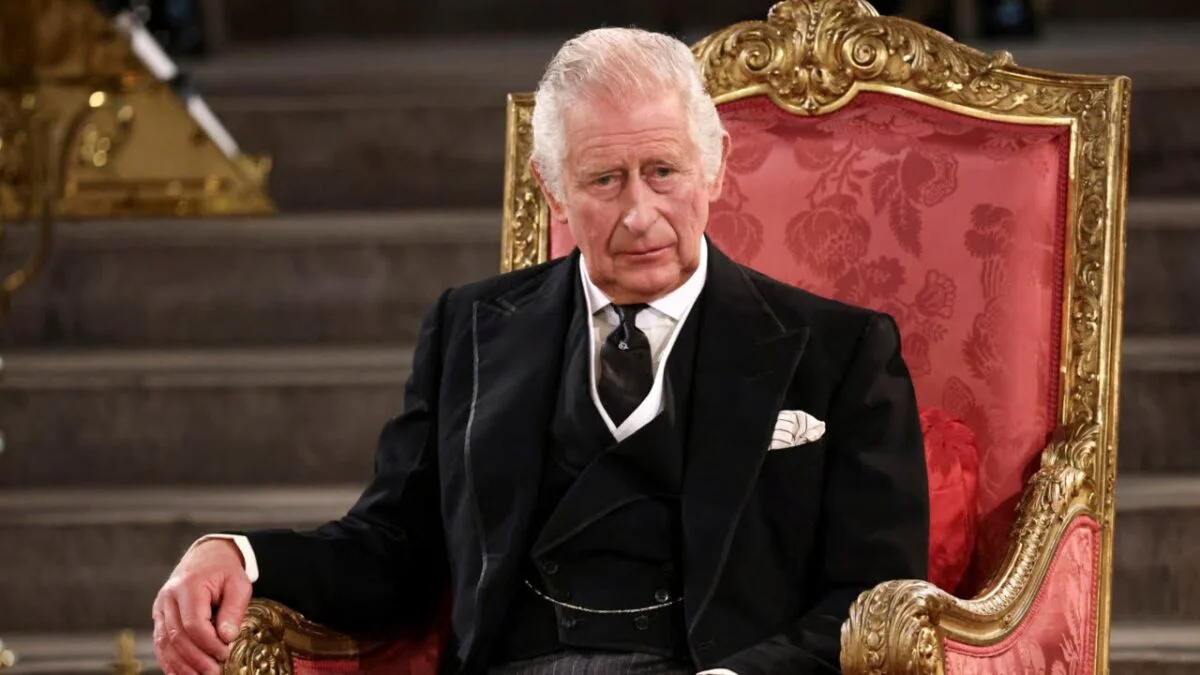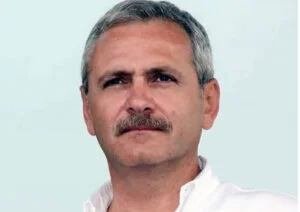Editorial Petre Roman. Multilateralism and Globalism Upended
- Magda Spiridon
- 25 mai 2020, 08:06

Cooperation is vital for the world’s collective ability to deal with climate change, mass-migration, disease and famine, genocide and massive movements of refugees. In fact, cooperation is the only solution. In the meantime, a faithless cooperation is doomed to failure. There should be faith in common purpose, there should be faith in a future for all. The Covid-19 pandemic is an agent for the renewal of faith, a “wake-up call to the global community”. 2 We love to pronounce and repeat these phrases but we cannot ignore that to many leaders around the world, they are maybe nice, but useless words.
Nevertheless, if we have faith we have to keep up tenaciously with our endeavour to build a more effective multilateralism. There is already a tremendous commitment of the people in the whole world to find an appropriate cultural expression of the global problems which in turn could support the political one. I found an interesting example in a recent survey realized by Oxford University. To the question: “Has migration had a positive or negative impact on Britain?” in 2015 the answer was 43% negative and 34% positive. Today, after the Brexit, the answer is shockingly 48% positive and only 27% negative and an overwhelming majority want the number of migrants coming to Britain to work in care homes.
This reverse of the cultural expression was certainly influenced by the fact that 93% of the doctors who have died of Coronavirus in the United Kingdom have been ethnic minorities, mostly from overseas. The “executioners” of the immigration in UK became victims (of the COVID-19) saved by immigrants who died saving them. That fact sets an example: if we cannot tame global turbulences we can at least humanise them. “Man is capable of great deeds. But if he isn’t capable of a great emotion, he leaves me cold”, said Albert Camus. That makes me wonder: is globalism shaping up multilateralism or multilateralism will tame the excesses of globalism? Globalism as a new form of monopolist capitalism generally prevailed while multilateralism is in dire mood. But the underlying anarchy of global governance3 indicates that both multilateralism and globalism are in reverse.
Economic self-reliance is “a l`ordre du jour” in America, China, India, Japan and also inside the European Union”. “Strategic autonomy” is the new concept. The open system of trade that dominated the world economy is obviously in trouble. And the most vulnerable, the poorer countries will suffer in this more expensive and less free world trade. The result could be a fractured world.
The glue that holds financial order together is made of capitalism’s ability to guarantee global prosperity. And that glue continues to be the American economy strongly intertwined with the Chinese economy. But the surge of the animosity between the two countries, the emergence of a new, ideologically rooted, Cold War, could reach a dangerous critical threshold, a threshold behaviour, beyond which something radically different and negative might occur.
Under the American no-guidance, cooperation (and knowledgeable politics) has stretched itself to the point where neither the world nor our intelligence can find a real foothold. Moreover, preventing extremely negative or plainly horrendous situations in the world (from genocides to climate change) are not as popular as they should be, not clearly aligned with national interests, in many countries and first of all in the United States.
And it’s true that the voters who count are still as national ever.
Right now we are still more distant from the passion for the common destiny of humanity and closer to indifference. The explanation could lie in the Samuel Moyn analysis of liberalism “falling prey to an economic libertarianism in practice that produces more conformity and hierarchy than choice and individuality”.4
Globalism, as a new form of capitalism, is not only a social reality; it is a reality of our civilization due to its facility for adaptation and reconversion. Fernand Braudel, who demonstrated that capitalism is a creation of the world’s inequality, also acknowledged that: “The advantage and superiority of capitalism resides in the possibility of choice. A corporation disappears? Well, a new one will emerge! It is about the death of capitalism, the one of the grandfather and of the father, not the one of the son and of the grandson”.5








